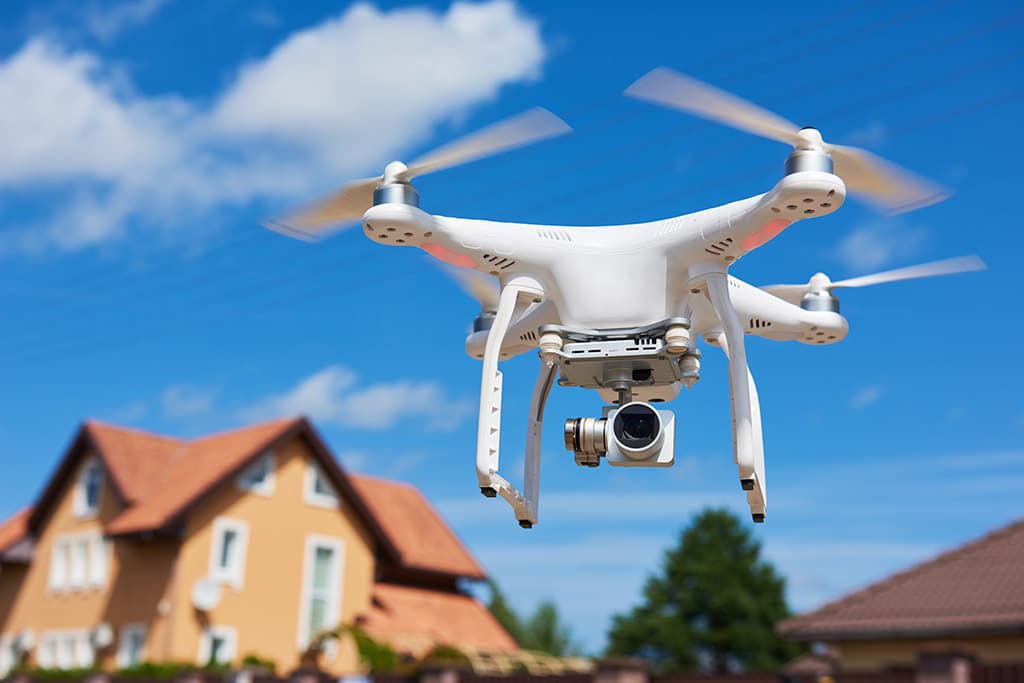Many security firms are facing interesting times in 2023. Demand for security guards remains high across a variety of industries, although hiring new guards poses challenges. That’s also led to another issue in some regions: Clients are beginning to look for alternatives.
As a security firm, it’s always a good idea to keep an eye on the competition. That’s especially true if clients may be tempted to turn to other solutions for their security needs. So, we’re taking a moment and reviewing the top competition security guard firms face, the state of these industries, and how security firms may want to respond.
Larger Security Systems with More Extensive Alerts
Looking at advanced security systems, some clients may wonder if they can sub out security guards for a technology upgrade. Motion detectors, security cameras in the right places, and alerts sent to phones or email can combine into a powerful security tool. Additionally, many security systems come with monitoring options so the owner or system can contact professionals and arrange for help.
How could a security guard firm respond to these advanced security systems? There are two important points. First, even very smart security systems are poor at dealing with people. Any business dealing with employees or customers will benefit by having a guard on the spot to talk to people in person. Second, guards can respond immediately to a situation like a burglary, fight, or fire. Even the fastest monitoring companies typically take a few minutes to contact emergency services, which can then take even longer to reach a property. Security systems work best in combination with a guard who knows how to use them.
Perimeter Fencing
Perimeter fencing is an alternative for companies that want to guard warehouses and similar facilities, or any kind of offsite properties. This can be a tempting option for some businesses, as fencing can deter problems like trespassing or burglary, and is relatively affordable compared to other alternatives. It’s also possible to buy electrified fencing or automated fencing for more advanced solutions. And security fencing companies are working to take advantage of this.
That’s promising for the fencing industry, but applications are generally limited. Fencing can’t take the place of guards in the retail industry, or at apartments, or in many other circumstances. However, this could be potential competition in more industrial fields, so it’s a good idea to highlight that your guards can watch for and investigate issues, while fencing can’t see or hear anything.
Remote Access Checkpoints
Access checkpoints are a very common post for security guards on shifts, and many firms have benefited from these kinds of contracts for years. These days, some owners are looking into high-tech solutions instead. That includes self-serve kiosks, card readers, and cameras to control access points. In this case, users show their identification, and often speak to a remote center through a camera and screen to make sure that they are, in fact, themselves. The access point then opens remotely.
While this may be an attractive option for some clients, it does have notable disadvantages. The biggest one is that they’re still using a security guard – just one that’s off-site and may not have the same training as professionals from a security firm. Also, these offsite guards can’t really resolve any problems or answer questions, so they are a poor fit for lobbies or any kind of customer service.
Robots and Drones
Some technology firms are even entering into contracts with cities and businesses to provide robots or drones that can scan areas, detect motion, film intruders, and more. Think of them like mobile security systems, complete with alerts, facial detection, and two-way microphones for communication.
That sounds impressive, and new technology is exciting to talk about, but this option won’t be much competition for guards in 2023 – or maybe ever. Robots and drones are expensive, easily vandalized, not always reliable, and really need trained operators to function. While many things can be automated, security positions aren’t one of them.
In-House Security
Some clients are also considering moving their security in-house, essentially hiring and managing their own security team rather than working with an outside firm. This is an interesting form of competition, because it removes a client entirely from the market. However, only large corporations can afford to do this, and its generally a big hassle: Guards still need to be hired, trained, and scheduled, and security firms are typically much better at that than a company entering the security field for the first time.
Competition in the Security Guard Industry
The security guard industry is facing competition from several alternatives in 2023. That includes remote access monitoring, advanced security systems, and even robots and drones keeping watch on properties. However, these still face some notable disadvantages compared to a professionally-trained, on-site security guard.
Security firms should focus on the training their guards receive, and how guards can respond immediately to on-site situations rather than delaying action. These add plenty of value to security services, especially when firms have a track record of working well with clients. And remember – a lot of this competition synergizes very well with in-person guards, so don’t be afraid to turn competitors into partners.






